News in Brief
-
 Climate
ClimateGlacier melting’s link to climate change confirmed
The decades-long melting of glaciers is categorical evidence of climate change, a new study affirms.
-
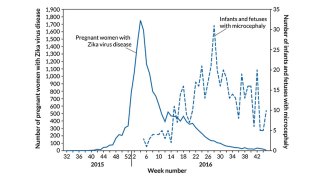 Health & Medicine
Health & MedicineMicrocephaly cases surge in Colombia following rise in Zika infections
More than 400 cases of microcephaly have been reported in Colombia this year, months after Zika virus infections peaked in the country.
By Meghan Rosen -
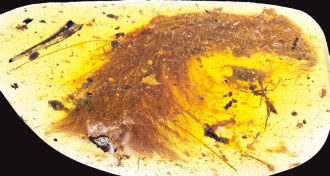 Paleontology
PaleontologyDinosaur tail preserved in amber, with feathers
The tail of a dinosaur trapped in amber includes both feathers and identifiable bits of bone.
By Meghan Rosen -
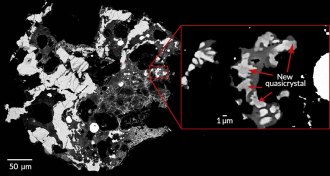 Earth
EarthThird kind of quasicrystal found in Russian meteorite
A new quasicrystal found inside a Russian meteorite is the first ever found in nature before being synthesized in the lab.
-
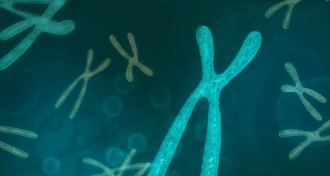 Life
LifeHaving an extra chromosome has a surprising effect on cancer
Extra chromosome copies may protect against, not cause, cancer.
-
 Life
LifeCell distress chemicals help embryos quickly heal
The chemicals trigger drawstring-like structures that help close wounds.
-
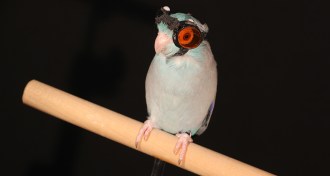 Life
LifeBird plus goggles equals new insight into flight physics
Slow-flying parrotlet produces vortices that explosively break up.
-
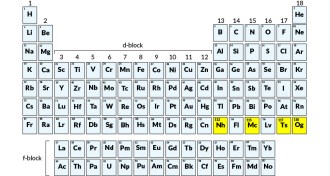 Chemistry
ChemistryNames for four new elements get seal of approval
The International Union of Pure and Applied Chemistry has approved the proposed names for the four elements added to the periodic table in December 2015.
-
 Planetary Science
Planetary ScienceIce gave Pluto a heavy heart
Sputnik Planitia, the left half of Pluto’s heart-shaped region, might have been carved out by the weight of thick layers of ice built up billions of years ago.
-
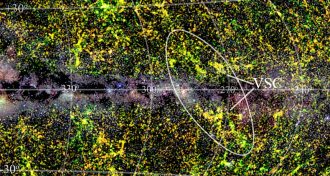 Astronomy
AstronomyGiant gathering of galaxies discovered hiding on far side of Milky Way
An uncharted supercluster of galaxies lurks about 800 million light-years away, partly hidden by the Milky Way.
-
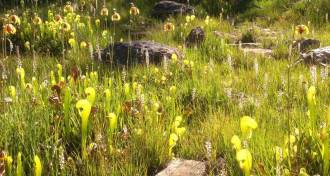 Plants
PlantsBacteria help carnivorous plants drown their prey
Pitcher plant drowning traps are more difficult for an insect to escape when bacteria colonize them.
By Susan Milius -
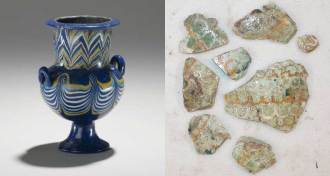 Archaeology
ArchaeologyGlassmaking may have begun in Egypt, not Mesopotamia
Ancient Mesopotamians lagged behind Egyptians as glassmakers.
By Bruce Bower